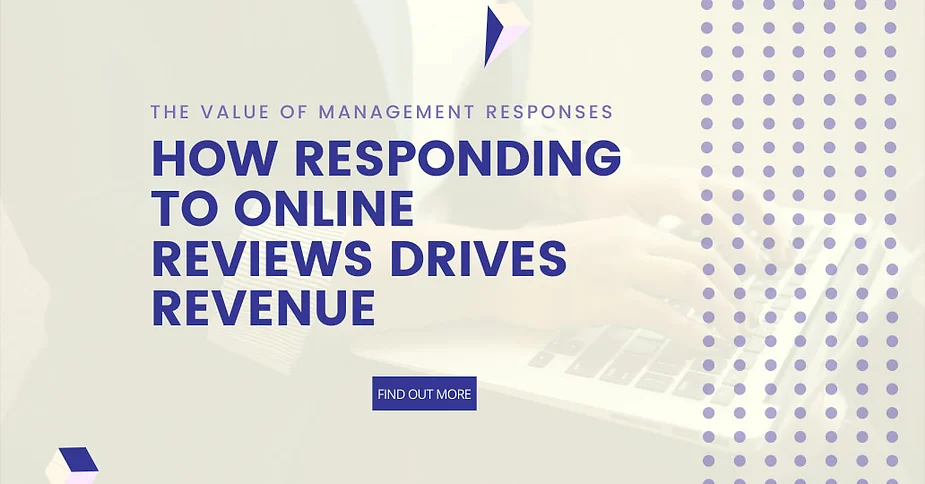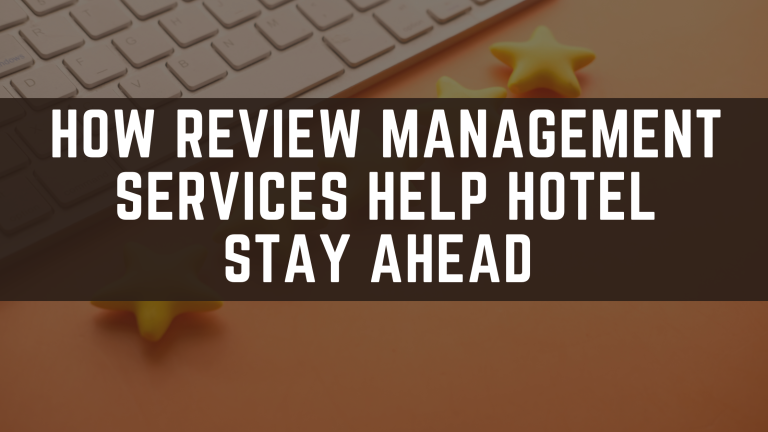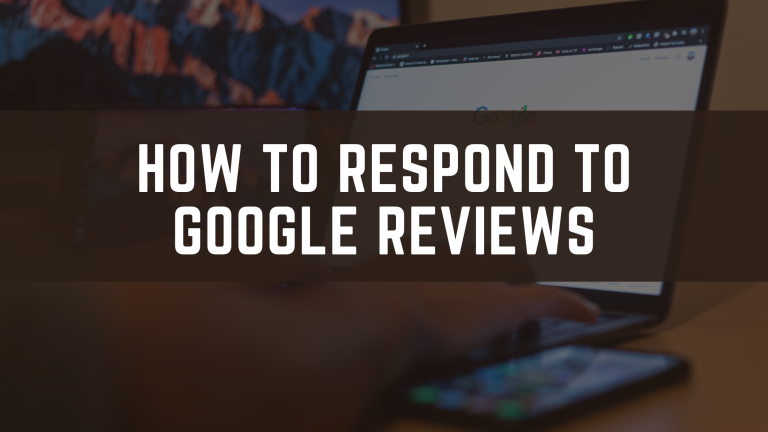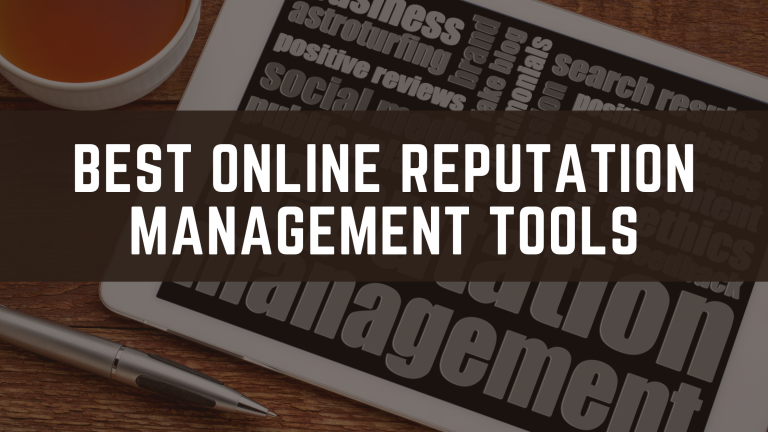Now more than ever, consumers rely on online reviews to help them make their purchasing decisions; however, savvy hoteliers know that it’s not just the review that matters. Businesses that take ownership of their online reputation by responding to reviews find that their replies play a key role in educating consumers, influencing shopping behavior, increasing ratings, generating new leads, and ultimately driving revenue.
If you are looking for a strategy that can assist your business in boosting both customer satisfaction and your bottom line, take a moment to consider what a management response strategy can do for your hotel.
Online Review Responses Influence Consumer Purchasing Behavior
83% of consumers read reviews to help them pick the right hotel. Responding to online reviews provides your business with the opportunity to get in front of potential guests and share detailed information about the experience that you provide during the decision-making process.
In addition, by providing a management response, you are showing both the reviewer and the consumers reading the review that you value your guests’ experience and feedback. Potential guests recognize that this is indicative of the level of service that they can expect to receive, and 65% of consumers say that they would book a hotel that responds to reviews over a comparable hotel that doesn’t.
Management responses also allow you to address issues that come up in reviews and share a solution, building loyalty with your existing guests and ensuring that shoppers feel comfortable in making a purchasing decision. By sharing detailed responses, you are educating consumers and allowing travelers to define their expectations before they even arrive, leading to more satisfied guests and ultimately benefiting your future reviews.
Responding to Reviews Is Shown to Raise Ratings and RevPAR
A recent study reported that when hotels start responding to online reviews, they see a 12% increase in review volume. Additionally, reviewers who were aware that the hotel would read and respond to their review scored their stay an average 0.12 stars higher than those who were unaware and also provided longer and more detailed feedback.
In the hospitality industry, we are aware that unhappy guests are more likely to leave reviews than the average visitor. However, knowing that the hotel cares about their feedback and improving their experience, as shown through management responses, inspires additional guests to share. These reviews typically provide a more accurate representation of your hotel experience, and as more 3, 4, and 5-star reviews come in, your hotel’s overall rating tends to rise. This also helps your hotel maintain a higher average rating after receiving a negative review.
Within six months, one-third of the participating hotels in the study had increased their TripAdvisor star rating by a rounded half-star – simply by adopting a new practice of providing personalized, timely management responses to all reviews. Cornell University’s Center for Hospitality Research has compared the link between online rating and pricing, and they found that just a one percent increase in ratings can lead up to a 1.4% increase in RevPAR, and that a one-point increase, on a 1-5 scale, allowed hotels to raise lodging rates by up to 11.2% without losing occupancy or market share.
Management Responses Improve Your Search Engine Rankings
Only 9% of travelers “always” know the hotel brand they want to book, leaving the majority of guests to rely on search engines from Google to TripAdvisor, and even OTAs, to research the hotels available in their travel destination. Getting in front of consumers as they begin their search is crucial for generating new leads and driving revenue to your bottom line.
In the past, many review sites ranked hotels solely on ratings. However, a new focus on offering more personalized recommendations means that management responses now play a larger role in search engine results.
Google has confirmed that “review signals,” such a review volume, frequency, and keywords are significant factors in their ranking algorithm. A well-written management response can help strengthen your keyword usages, and, as we shared prior, responding to online reviews is shown to result in lengthier comments as well as increased review volume and frequency.
Some OTAs, like Expedia, measure and report management response rates and times and these metrics are likely factored in with ratings, price, and promotions to determine the hotel search results.
Building a Response Management Strategy
If you consider or research through your TripAdvisor Analytic Suite how many consumers are on your review pages each month, you can see how the simple act of responding to reviews can have a significant impact on your business.
As this is an opportunity to shape your online reputation and drive revenue, responses should be written by a qualified individual who understands the hospitality industry, customer service, sales, and marketing. For many hotels, this will require the attention of a management-level employee, but with busy schedules, responding to reviews can take time away from other valuable sales or operational endeavors. If this is the case for your hotel(s), we recommend finding a partner who can support your plan.
To learn more about how we can help your hotel, restaurant or other consumer-facing venture create, implement, and manage a reputation management strategy, we invite you to send us an email through our secure contact form or call us at 855-979-6800.




